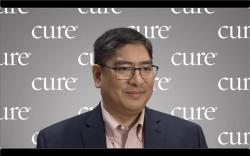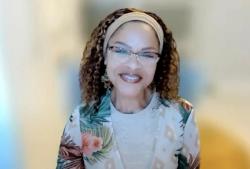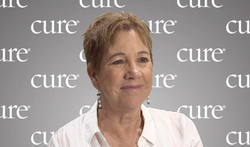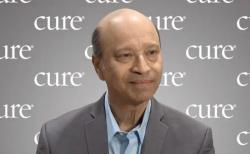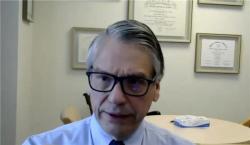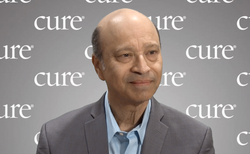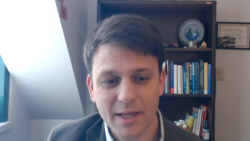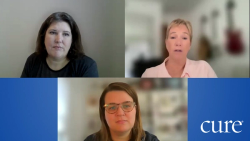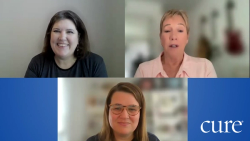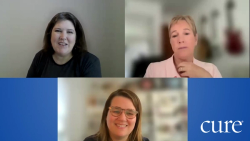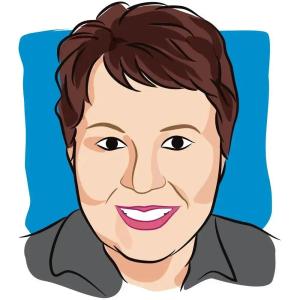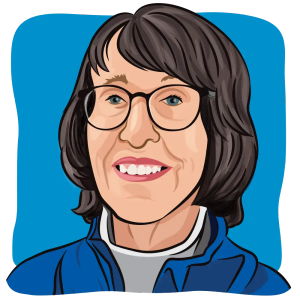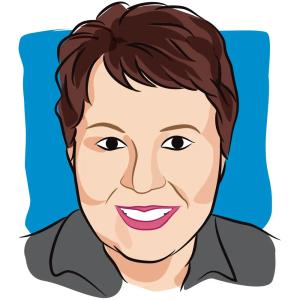Negating Clinical Trial Misperceptions Among Patients With Breast Cancer
this on-demand webinar series, CURE partnered with TOUCH, The Black Breast Cancer Alliance to negate common clinical trial misperceptions.
In part four of CURE’s “Breaking Barriers: Addressing Women of Color Underrepresentation in Clinical Trials” webinar, Ricki Fairley, CEO of TOUCH, The Black Breast Cancer Alliance; Hayley Brown, director of partnerships and programs at TOUCH, The Black Breast Cancer Alliance; and Michelle Anderson-Benjamin, CEO and founder of The Fearless Warrior Organization, discussed common misperceptions about clinical trials.
However, they also highlighted the unknown benefits to being on a trial, including the support of future research and additional treatments for breast cancer.
“I think it's so important to for future generations, I think about myself, my nieces, my kids someday, and I thank you guys for engaging in the science way that you have because it's going to save so many more people,” Brown said. “And it's so important to just those daily things like when you notice that side effect that wasn't known before, and we can now maybe see a trend that this happens in Black women. We're going to find these things out through clinical trial work.”
Summary:
00:05 – Clinical trials for breast cancer treatment.
- Ricki Fairley recognized one of the biggest misconceptions about clinical trials being patients’ belief that they’ll only receive a sugar pill; however, in reality, they receive standard-of-care treatments with or without a trial drug, which can lead to better outcomes in trials as well as in patient care.
01:18 – Breast cancer clinical trials and support.
- Ricki Fairley also informed patients about TOUCH, The Black Breast Cancer Alliance’s nurse navigator program that offers 24/7 support for patients with breast cancer, emphasizing the need for individuals to seek personalized care and treatment options.
02:09 – Clinical trial challenges and benefits.
- Michelle Anderson-Benjamin discussed additional challenges of clinical trials, including lack of information on the randomization process.
- She also emphasized utilizing a nurse navigator in this instance to support a patient throughout the entire process.
03:57 – The future of clinical trials.
- Hayley Brown emphasized the importance of clinical trials for future generations and the potential to discover new treatments through daily observations and side effects.
For more news on cancer updates, research and education, don’t forget to subscribe to CURE®’s newsletters here.
Related Content
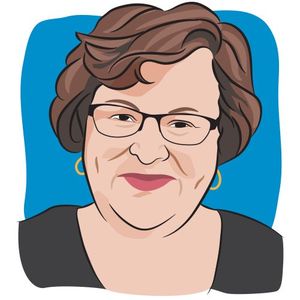 Celebrating My Clean Bill of Health After Cancer
Celebrating My Clean Bill of Health After CancerJuly 15th 2025
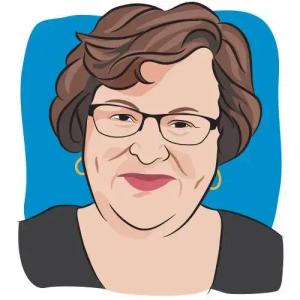 Saying No to Shapewear After a Double Mastectomy
Saying No to Shapewear After a Double MastectomyJune 27th 2025
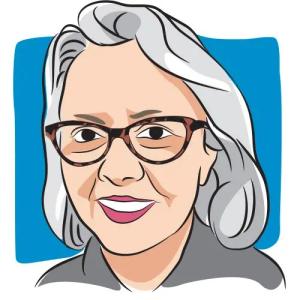 Tips for Combating Lymphedema After Breast Cancer
Tips for Combating Lymphedema After Breast CancerMay 16th 2025
View additional resources on CureToday.com


